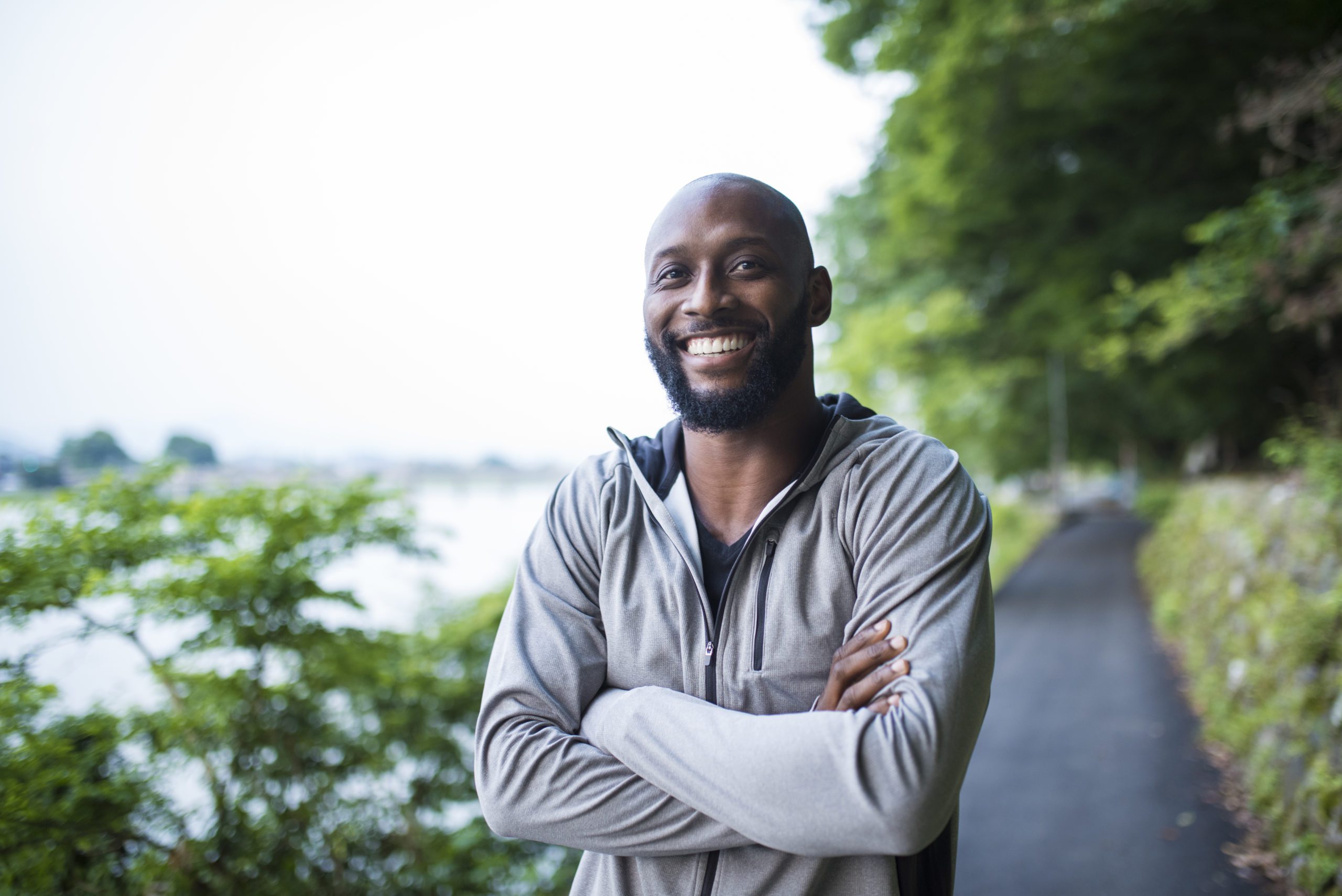What Is Clinical Mental Health Counseling?
Questions About Treatment?
Our knowledgeable team is ready to discuss your situation and options. Your call is confidential with no obligation required.
What Is Clinical Mental Health Counseling?
Clinical mental health counseling is a form of therapeutic treatment that helps with a variety of different mental health issues. Working with a clinical mental health counselor can be beneficial in many ways for both mental and emotional well-being. 1

What Is a Clinical Mental Health Counselor?
A clinical mental health counselor is a certified professional with a strong educational background in mental health counseling. Clinical mental health counselors can help treat a variety of different conditions through talk therapy, teaching coping skills, and helping clients create a long-term plan for success.
What Does a Mental Health Counselor Do?
Clinical mental health counselors usually work one on one with clients through traditional talk therapy or may also work in group therapy or family therapy settings. Mental health counseling services provide clients with an opportunity to work through ongoing issues and find ways to cope with mental distress.
Role of a Mental Health Counselor
The role of the mental health counselor is to assess and treat mental and emotional health issues, along with relationship issues and other life challenges. Mental health counseling services help guide clients in the right direction towards long-term recovery from these issues. 2
Importance of Clinical Mental Health Counselors
Clinical counseling is an important aspect of a mental health treatment program because it can significantly improve the quality of life of those who are struggling with mental health issues. If someone is struggling with poor mental health, they don’t have to go through it alone. Clinical counselors can provide many resources and can help with the treatment process in many ways.
Mental Health Counselor vs Clinical Psychologist
While clinical mental health counselors and clinical psychologists are both licensed mental health professionals, there is a difference between their training and typical scope of practice. The main difference is in their educational focus.
Mental health counselors earn a master’s degree in mental health counseling, whereas clinical psychologists usually earn a Ph.D. in psychology. During their treatment practices, mental health counselors tend to take a more personal and emotional approach to counseling, whereas clinical psychologists tend to approach it more from a psychological perspective and understanding of how the brain functions. 3
Skills and Traits in a Clinical Mental Health Counselor
There are many necessary skills and traits that are crucial for a being successful clinical counselor. Essential traits of a mental health counselor are:
- Problem-solving ability: Clinical counselors are good at looking at the big picture and solving problems that are going on in their clients’ lives. Talking to a clinical counselor can be helpful to get an outside perspective and begin to see problems in a different light.
- Rapport-building skills: Mental health counselors are trained to build rapport with clients. This helps build a solid relationship between the counselor and client that is based on trust and understanding.
- Effective at communicating: Counselors must be effective at communicating through both listening and outlining their thoughts in an understandable way to their clients.
- Good listening skills: A counselor must have good listening skills to understand their client’s troubles. Good listening for a counselor often involves careful analysis to determine the best treatment options.
- Empathy: Mental health counselors meet with clients who are going through difficult times, so empathy is key to creating an understanding of the situation.
- An open mind: Counselors must have an open mind in order to create a judgment-free zone for their clients. A judgment-free zone provides a safe space for clients to process their feelings and work toward constructive solutions.
- Self-awareness: A counselor needs to have awareness of both their client’s struggles and their own response to different situations. This will help them provide the most effective care to clients.
Education Required for Becoming a Clinical Mental Health Counselor
A bachelor’s degree in behavioral science, social science, or a psychology field is required to begin the process of becoming a licensed clinical mental health counselor. After a bachelor’s program has been completed, a master’s degree in mental health counseling is then required in order to be the most qualified to treat clients in a clinical setting.
After a master’s program has been completed, graduate and postgraduate internship experience will also be required. Counseling exams will be conducted to become a certified mental health counselor, and additional mental health certifications may also be required or recommended.
Becoming a Mental Health Counselor
After education has been completed, there are many different options for clinical mental health counseling careers. Licensed clinical mental health counselors can work in settings such as:
- Adoption services
- Counseling centers
- Family care centers
- Private practice
- Substance abuse clinics
Depending on specialization and what kind of work a mental health counselor wants to do, the requirements and work setting will vary. 4

Benefits of Mental Health Counseling
There are many benefits to seeking clinical counseling services. Common benefits you will see from partaking in mental health counseling are:
- Improving relationships: Clinical counseling helps improve interpersonal skills and relationships. Oftentimes, mental health issues can negatively impact someone’s relationships, and the coping mechanisms learned in mental health counseling can aid in repairing or restoring those relationships.
- Skill-building: Mental health counseling can help build life skills that are key to the management of mental health problems.
- Tackling the epidemic of substance abuse: Counseling services can be beneficial for those struggling with substance abuse. Counseling for substance abuse can help clients change negative behavioral patterns and learn how to cope with the stresses of life without the use of drugs or alcohol.
- Diagnosing and treating mental illness: Mental health counselors are trained to diagnose and treat mental illness, along with creating a long-term plan for success.
- Helping people conquer stress: Ongoing stress in someone’s life can significantly impact their mental well-being. Counseling can aid in managing stress and teach coping mechanisms to deal with stress effectively.
- Trauma and abuse resolution: Mental health counseling is beneficial for those who have experienced past trauma or abuse. Counseling will help work through these ongoing issues and help teach ways to cope and move past trauma.
How to Find Clinical Mental Health Counseling
If you are looking for clinical counseling services, there are many resources available that can help. Contacting a doctor or a mental health treatment center can often be a good first step to receiving an assessment and diagnosis for mental health conditions.
Going to a treatment center for clinical counseling can also prove beneficial as it can provide a more well-rounded approach to mental health treatment. If you or your loved one is experiencing mental health challenges, Great Oaks Recovery is a great resource to utilize.
Resources
- https://online.sbu.edu/news/what-is-clinical-mental-health-counseling
- https://www.forbes.com/health/mind/what-is-a-mental-health-counselor/
- https://counseling.northwestern.edu/counseling/become-a-counselor/counseling-psychology/
- https://counseling.northwestern.edu/counseling/become-a-counselor/careers-in-mental-health-counseling/
Questions About Treatment?
Our knowledgeable team is ready to discuss your situation and options. Your call is confidential with no obligation required.

